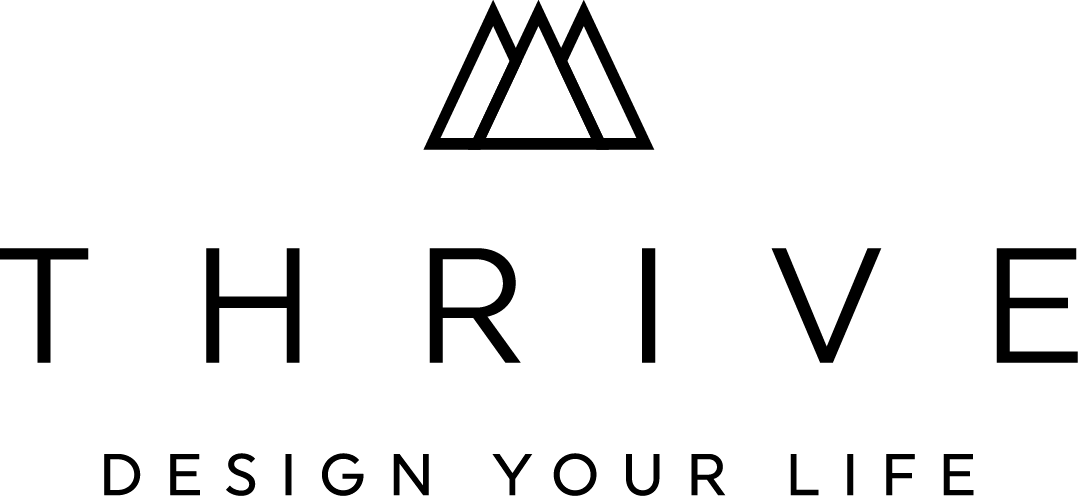THRIVE is a good fit for young people who:
- Have multiple talents and strengths but are uncertain about how to apply them after high school
- Have lots of ideas, energy and motivation but could benefit with developing a plan and guidance about following through
- Feel inspired by single or multiple interests and want to learn how to move successfully forward
- Would benefit from an adult role model to encourage and support them as they make life choices
- Experience school life as focusing on areas they do not feel especially strong at or interested in
- Feel uninspired by school or current life
- Feel overwhelmed by academic stresses and wishing for clarity about what matters to them
- Feel worried about the college application process and need support or guidance
- Need assistance in understanding what it is they want to say in their college application personal essay
- Struggle with learning differences or disabilities and could use additional support
- Struggle with low self-confidence
- Feel inhibited about taking steps towards any future plans
- Feel ambivalent and unmotivated about the future
- Experience conflicts with their parents about planning for life right now and post-academic life
- Are considering a gap year
- Are taking time away from college
- Are interested in finding a job or developing a career path
- Want to go in a new direction that holds more meaning and engagement
- Need help considering, defining and moving toward their next big step
How is life coaching different from therapy?
Where coaching is about change, therapy is, first and foremost, about healing. In therapy, the focus is often on personal health and identifiable issues, such as acute depression or relational discord, that interferes with the client's level of functioning. The emphasis is typically retrospective and involves discerning and treating pathology and relieving symptoms through behavioral, cognitive, or analytic interventions.
A coaches orientation is prospective, focusing on goals, untapped potential and critical success factors in individuals who seek to maximize his or her fulfillment in life, work, school and relationships. Coaching is based on the notion that we are whole, resourceful, and creative. The coaching relationship is about setting goals and making changes happen. It is a committed, helping relationship. It uses a powerful process of inquiry and personal discovery to build clients’ levels of awareness and responsibility, and provides ongoing support, structure, feedback, unconditional positive regard, and most importantly, accountability. The coaching process helps clients define their vision and achieve their goals faster and with more ease than would be possible through many other approaches, including traditional psychotherapy or therapy alone. As such “homework” is assigned on a rather regular basis, with accountability built in to assess the results and tweak the next agreed-upon “assignment” accordingly, on a week-to-week basis. With coaching, you will know within a matter of weeks whether it is “working”.
To sum up, in contrast to traditional psychotherapy, with life coaching:
- The focus is on the present and the future, not the past;
- The goal is not to “fix” a problem, but to CREATE a better situation;
- The relationship is collaborative and ongoing until the client feels that his or her goals have been met.
- As your coach, I’m your partner and co-creator to support you and hold you accountable for your desired goals.
- I see you, my clients, as whole, resourceful, and creative, and not as defined by psychodiagnostic labels or seen through the lens of psychopathology (i.e. disease, disorder or illness).
You are a psychologist but choosing not to do therapy. Why?
I believe that there are many young people that could benefit from support and guidance but don’t need therapy. For the reasons stated above I see coaching as an effective and powerful tool that is helpful at all phases of individual development. I think fostering these skills early in life can lead to a well lived life that is enhanced by personal creativity, empowerment and choice.
Why is it called THRIVE and what is a "design your life practice"?
Positive psychology has shown us how we can beyond being just ok with our lives and start to really thrive, create meaning, happiness and well being for ourselves and others. To thrive means to grow vigorously and flourish. The work we do together will support your growth and increase flourishing. I use the term "designing your life" to describe how a person can intentionally plan and create fulfilling and productive results in their lives. When you design your life you are accepting responsibility for your life and the choices you make. You are the author, creator, innovator, the maker, and architect of contemplating, articulating, and ultimately realizing the life you want for yourself through this process. The experience and result is your thriving life.
What do I need to start THRIVE?
Nothing more than an inquisitive nature and desire to begin are required. In addition, an open mind, a love of life, and a desire to move inward and forward are helpful. Will this be fun? I think so! Answering the question about what enlivens you and creating goals and making decisions based on your answers is exciting and fun.


